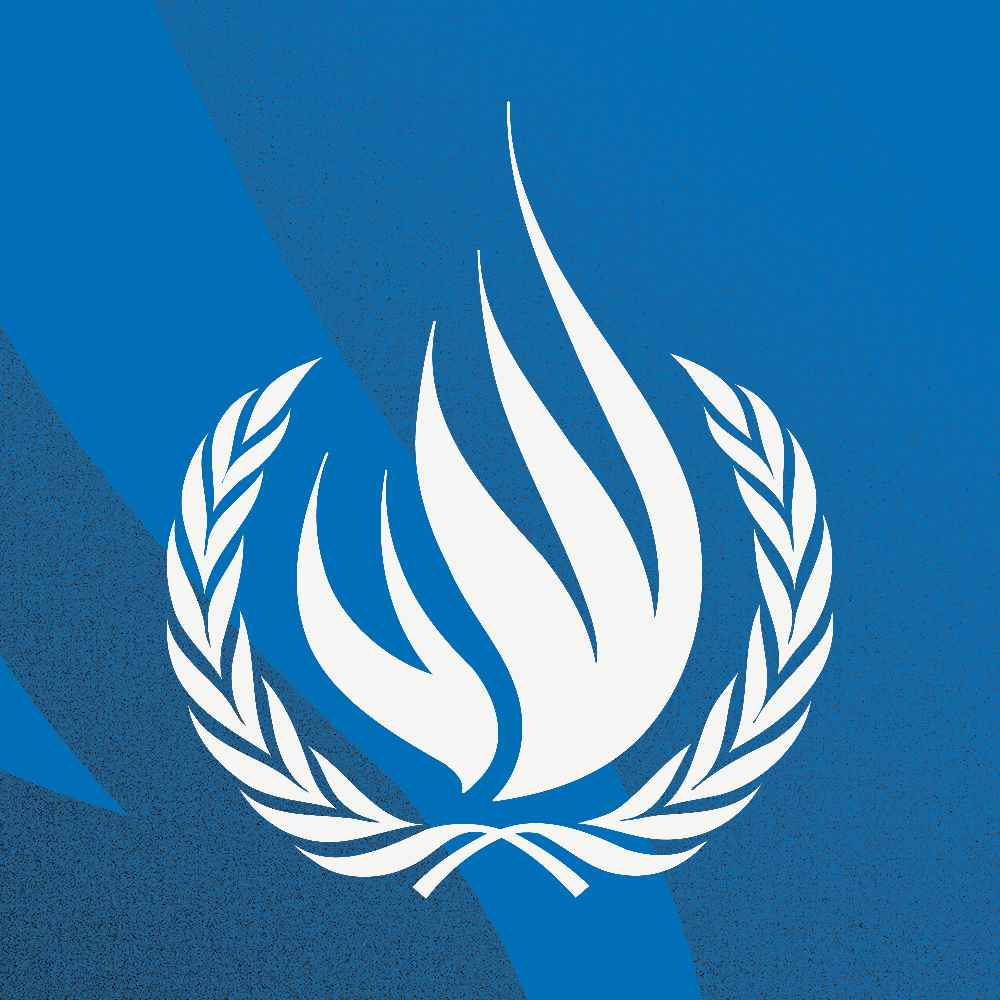
The United Nations said on Wednesday that Myanmar has detained dozens of Rohingya refugees, who tried to return home
United Nations High Commissioner for Human Rights, Zeid Raad Al Hussein said his office had received reports that 58 Rohingya who tried to make it back to Rakhine were "arrested and convicted on unspecified charges."
"They then received a presidential pardon, but have simply been transferred from Buthidaung prison to a so-called reception center, in conditions that appear tantamount to administrative detention," Zeid said in an oral update on the crisis to the UN Human Rights Council.
"Government representatives have repeatedly stated that Myanmar is ready to accept returnees and yet ... many – if not all – of those who have returned of their own accord have been detained," Zeid said.
Myanmar has said it stands ready to welcome back some of the 700,000 Rohingya Muslims who have fled to Bangladesh since August, but so far fewer than 200 have been resettled in their homeland in northern Rakhine state.
Myanmar has signed agreements with Bangladesh and the UN laying out the framework for a large-scale Rohingya return but only a handful of the refugees have decided to move, while senior aid officials insist Rakhine remains too dangerous for repatriation.
The Rohingya fled a violent army crackdown in August that witnesses say included rapes by security forces, summary executions and a merciless campaign of violence, which the UN has described as ethnic cleansing.
Zeid said there is evidence that the atrocities in Rakhine are ongoing, including "killings and the burning of Rohingya homes."
More than 11,000 people have fled Rakhine this year, the rights chief said, in a sign that atrocities are still forcing people to flee.
On Tuesday, the international Red Cross leader said that humanitarian help alone will not solve the Rohingya refugee crisis and inclusive political solutions are needed for the issue.
Peter Maurer, president of the International Committee of the Red Cross, visited Myanmars Rakhine state, where the refugees once lived, as well as the camps where they live now in Bangladeshs Coxs Bazar district. He said people in both places were suffering.
"I met those who stayed and those who left, and it is clear that people are suffering on both sides," Maurer said. "People lack secure housing, electricity, latrines, medicine and health care. There are few options for people to earn an income to allow them to move beyond aid and emergency conditions."
Maurer also said the conditions for repatriation to happen were tough. "The conditions are simply not there for large numbers of people to return home," he said.












